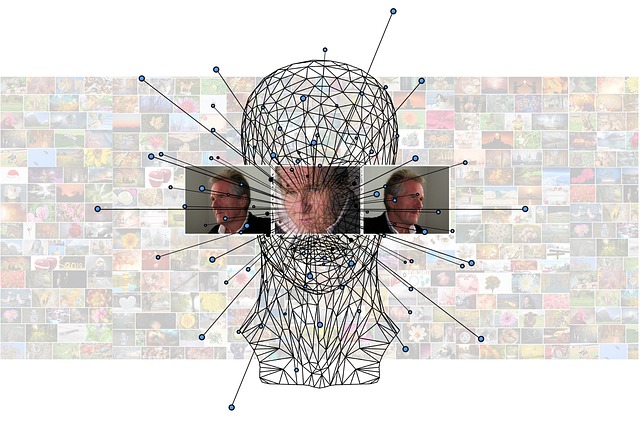In an era where the velocity of technological advancement is staggering, the applications of fuzzy logic are gaining traction in transforming industries, especially in robotics and artificial intelligence (AI). This versatile computational approach mimics human reasoning, allowing machines and algorithms to make decisions in real-world scenarios that are often ambiguous and uncertain.
When we think about robotics, we often envision machines executing precise tasks with unwavering accuracy. However, the incorporation of fuzzy logic into robotics opens up a world of possibilities. Fuzzy logic enables robots to handle uncertainties and variations in their environments, making them more adaptable and effective. For instance, in manufacturing settings, robots equipped with fuzzy logic can better navigate dynamic conditions, adjusting their operations based on fluctuating variables like temperature, humidity, or even the actions of human workers. This leads to increased efficiency and productivity, reducing downtime and waste.
Artificial intelligence, too, stands to gain immensely from the applications of fuzzy logic. Traditional AI systems often require exact inputs to yield exact outputs, which can be limiting in complex environments. Fuzzy logic, on the other hand, allows AI to interpret nuanced data and make more informed decisions based on approximations rather than rigid parameters. This flexibility is particularly beneficial in business automation, where AI can support decision-making processes that involve human-like reasoning. For instance, customer service AI can leverage fuzzy logic to understand and interpret vague customer inquiries, providing more relevant and meaningful responses.
Business automation, the backbone of many modern enterprises, sees a significant enhancement with the integration of fuzzy logic in AI and robotics. As businesses endeavor to streamline their operations, fuzzy logic systems can dynamically prioritize tasks, allocate resources efficiently, and even predict maintenance needs—all while considering the inherent uncertainties present in complex business environments. This capability not only supports operational efficiency but also empowers companies to become more responsive to market changes, ultimately enhancing customer satisfaction.
Moreover, the fusion of fuzzy logic with robotics and AI facilitates the development of smart systems that are capable of learning and adapting over time. Such systems can analyze patterns from large datasets, drawing conclusions that enhance their performance. Imagine a smart logistics system that can optimize delivery routes by weighing various factors such as traffic conditions, weather forecasts, and customer urgency, all while using fuzzy logic to account for the unpredictability of real-life situations.
As we move forward into an increasingly automated world, the applications of fuzzy logic will undoubtedly play a pivotal role in propelling robotics and AI innovation in business automation. With the capacity to handle uncertainty and provide informed decision-making, fuzzy logic not only enhances machine intelligence but also fosters a new generation of intelligent systems that can better serve businesses and their customers alike. By embracing these advancements, companies can ensure they stay ahead of the curve in today’s competitive landscape, harnessing the power of technology to drive growth and efficiency.




